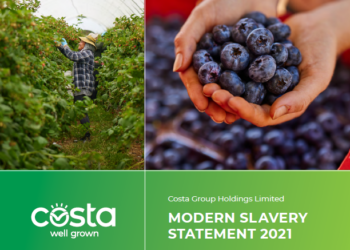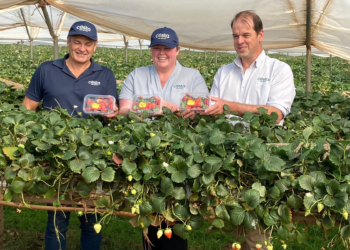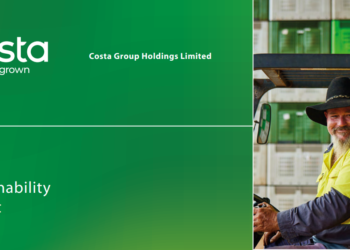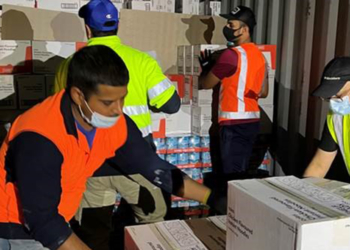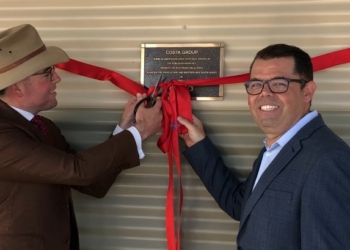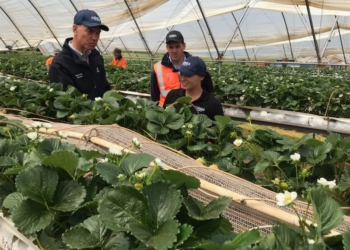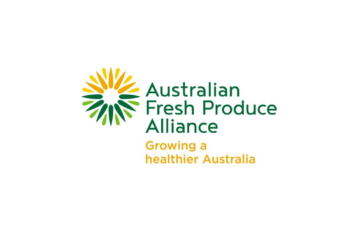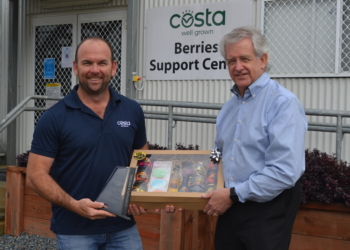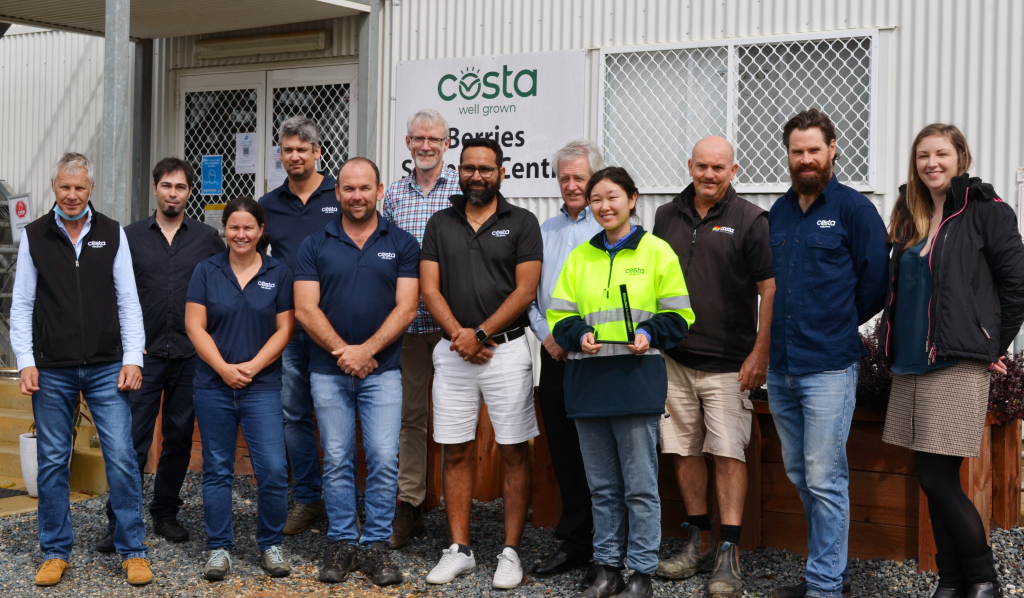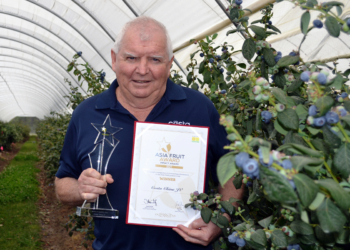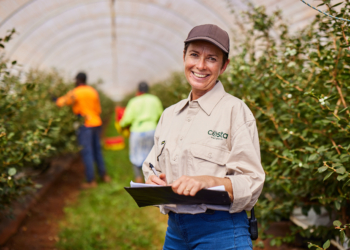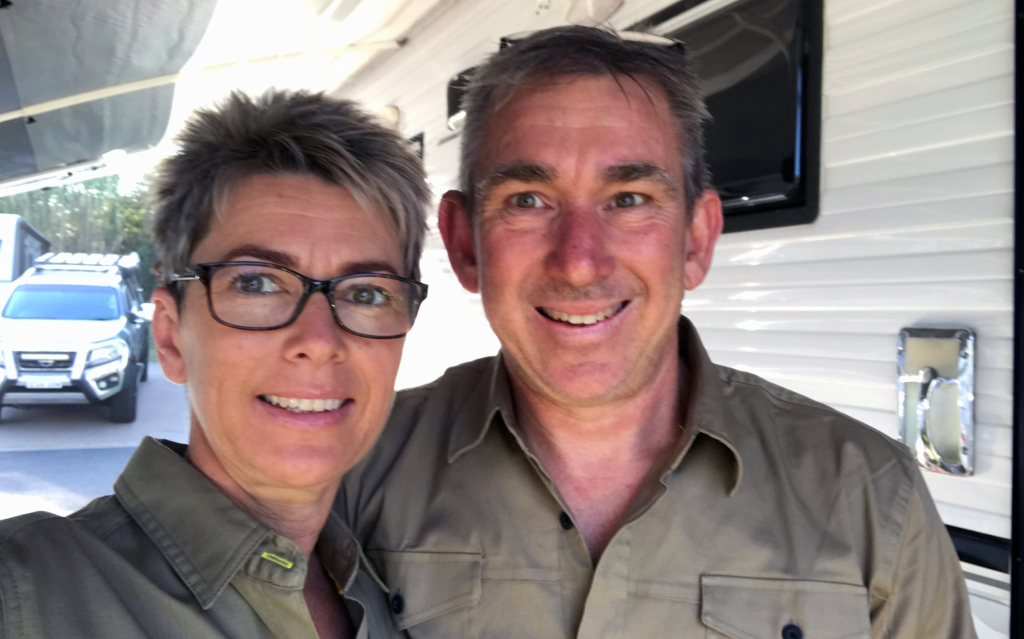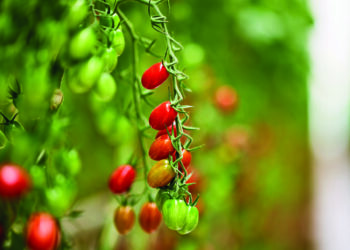Costa has declared its support for the Task Force on
Climate-related Financial Disclosures (TCFD), joining more than 1500
organisations in demonstrating a commitment to building a more resilient
financial system and safeguarding against climate risk through better
disclosures.
The TCFD, chaired by Michael R. Bloomberg, founder of
Bloomberg LP and Bloomberg Philanthropies, provides market participants with
recommendations to address the financial impact of climate change on their
business. By increasing transparency on financially material climate-related
risks and opportunities the recommendations promote more informed financial
decision-making by investors, lenders and others.
Sean Hallahan, Costa Managing Director and CEO, said Costa
had committed to implementing the four key TCFD recommendations relating to
governance, strategy, risk management and metrics and targets.
“We have identified the TCFD as the most appropriate
framework to manage and respond to risk, but also as a tool to identify
opportunities,” Mr Hallahan said.
“We have prioritised the management of climate related risk,
the need for innovation and the use of new and emerging technology in the way
we grow our crops,” Mr Hallahan said.
“We have also implemented a Horticultural Innovation and
Technology Committee to drive our response to climate related risks and
establish quantitative targets.”
In particular, Costa is focused on water use efficiency and
security, energy efficiency and security, waste reduction and investment in
protected cropping.
Supporters of the TCFD span the public and private sectors
and include national governments, central banks, stock exchanges, credit rating
agencies, financial organisations and private sector businesses from a variety
of industries.
Widespread implementation of the TCFD recommendations will
provide investors, lenders, and insurance underwriters with consistent and
relevant information to understand the economic risks and opportunities
resulting from climate change.
Increased disclosures in line with the recommendations across sectors and geographies will help global markets make more efficient capital allocation decisions and adjust appropriately to the disruptive effects of global climate change.
For more information about the Task Force on Climate-related Financial Disclosures, please visit www.fsb-tcfd.org.
Media contacts:
Brigid Veale, Costa Group Public Relations and Communications Manager, brigid.veale@costagroup.com.au.
Veronika Henze, Communications, TCFD, vhenze@bloomberg.net.
Hayley Moller, Communications, TCFD, hmoller@gpg.com.
About the Task Force on Climate-related Financial
Disclosures
On December 4, 2015, the Financial Stability Board (FSB)
established the industry-led Task Force on Climate-related Financial Disclosures
(TCFD) with Michael R. Bloomberg as Chair. The Task Force currently has four
Vice Chairs and 32 members in total. The TCFD was asked to develop voluntary,
consistent climate-related financial disclosures for use by companies in
providing information to lenders, insurers, investors and other stakeholders,
which were published in the TCFD Recommendations Report on June 29, 2017. More
information about the TCFD can be found at www.fsb-tcfd.org.


